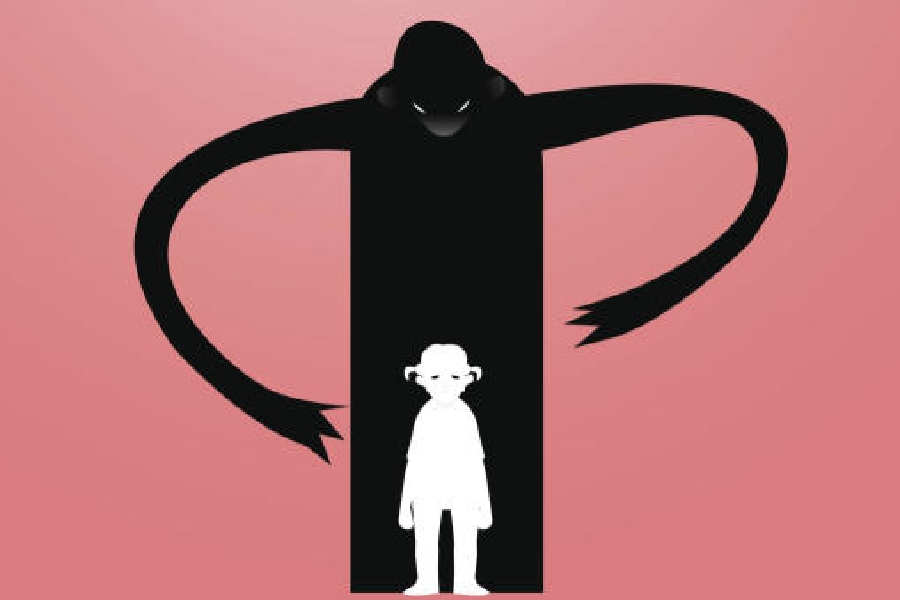Book: Poor Deer
Author: Claire Oshetsky
Published by: Ecco
Price: $26.99
This is an interesting book, but is it a good one? I have to say, having looked up the author’s website, I expected them to take more risks with this tale of childhood gone wrong. Claire Oshetsky is a former science journalist whose previous titles include The Book of Dog (not to be confused with the anthology by the same name edited by Hemali Sodhi) and Chouette. Both of those books have very intriguing premises, although I admit I have not read either, so I expected something a bit more experimental in this one. But instead, this is a fairly straightforward tale about bad luck, and the only truly unusual thing about it is the structure.
The story follows Margaret, who does something unforgivable at the age of four, and tries to break out of her messed-up life aged sixteen. In between these two events, the walls slowly close in as Margaret finds that her innocent mistake, which led to an accidental death, gradually poisons everyone’s attitude to her, eventually leading to a deep and settled self-hate that manifests as Poor Deer, a personal demon that dogs Margaret and urges her to harm herself. Poor Deer doesn’t believe that any good can come of anything Margaret does and is nudging her gently towards self-destruction.
When one of Margaret’s two carers dies, the girl blames herself and runs for it, as she has dreamt of doing for many years, with no plan except a vague desire to set things right somehow. Along the way, she picks up two other fugitives, a mother and a daughter, who are like projections of Margaret and her own mother before everything went wrong.
Poor Deer urges Margaret to sacrifice herself in order to save the escaped mother from her abusive partner, but even this doesn’t work out, and the mother goes back to her unhealthy relationship, blithely abandoning her child to Margaret’s care. The story ends with Margaret travelling on with the child. Will she reach redemption? The novel doesn’t say. The 171 or so pages only take us to this crossroads and leave us there.
On the face of it, this looks like a good story, but as I read on, I became aware that something was missing. This was such a beautifully set-up opportunity to talk about personal responsibility and chance and guilt and atonement, but the story never quite manages to kick it through the goalposts. Perhaps this is because of the perspective being restricted to Margaret, a feature that is partially concealed by the fact that Margaret’s ‘confessions’ are always in third person while the real-time narrative is in first person. This gives her retelling of the story a performative quality, which is reinforced by Poor Deer’s constant interruptions.
Poor Deer herself is more of a nuisance than an actual menace. She is the introjected voice of Margaret’s mother who grows increasingly cold and distant after the accident that takes the life of Margaret’s playmate. She can’t help seeing her daughter as a ‘sinner’ as Margaret is marked by her missing finger which turned septic as a result of the incident. Most of the people in their small, rural, churchy town somewhere in the northeastern corner of the United States seem to agree. Margaret becomes an outcast at an age where she barely understands herself as a person. This could have led her to question the whole basis of society but the story doesn’t go any further down that wormhole.
This is a competently written book, but it lacks the mischievous flair that the author’s other books seem to have. Unless, of course, there’s a sequel in the works, because it seems a shame to waste all that good setup.











